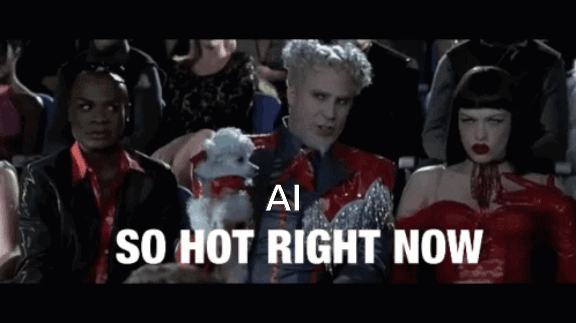BBC recently had an article about the use of AI in the wine industry.
So far the discussion seems in favor of larger producers (lots of quotes from Kara Maraden, director of viticulture at Foley Family Farms).
“I can go online and see what irrigations are needed down in Santa Barbara, 300 miles away,” says Mr Maraden, who is based in Napa, north west of San Francisco.
While judging the water requirements of the vines would previously have been done by human judgement and calculation, Foley now uses sensors made by Tule Technologies, a California-based irrigation company.
The sensors, which look like mini weather stations, are placed across the vineyards. They measure moisture levels, temperatures, wind speeds, and other environmental variables.
All this data is then fed into Tule’s AI software system, which has been trained to calculate how much moisture will evaporate from both the soil and the vines under different weather conditions. The AI then determines how much irrigation the vines need and when, and informs the vineyard managers via an app notification.
“We’re always boots on the ground,” adds Ms Maraden. “But the data helps us make informed decisions based on science, as opposed to just feelings. Feelings aren’t bad, but we like to use data.”
A bit about how AI can ‘improve’ winemaking. Color me a bit skeptical on this one, and there’s some additional commentary in the article on why, at least for now, relying on AI in this area would be a bad idea.
California-based tech firm Tastry makes an AI-powered app that helps winemakers make wine that a large number of consumers will like. The software does this by analysing a wine’s chemical makeup, and quickly comparing it to a database of the taste preferences of 248 million US wine drinkers.
Tastry tests for everything from a wine’s sugar levels, to acidity and tannins. The latter are bitter and astringent compounds that come from grape skins, seeds and stems.
The idea is that Tastry can help winemakers better blend final wines from numerous base wines, varying the percentage of each until a popular taste profile is achieved.
Alexandre Remy, managing partner and winemaker at Atlas Wine Company, a California-based wine brand, describes Tastry as his “GPS system”.
“If I want to create my red blend, I choose from 10 different vineyards,” says Mr Remy. "This is where AI really shines. It helps me determine my goal, whether I want to appeal to a younger crowd, or perhaps a crowd that prefers a competitor’s wine.
“I can input my parameters into the system, and it will offer blend suggestions based on that.”
